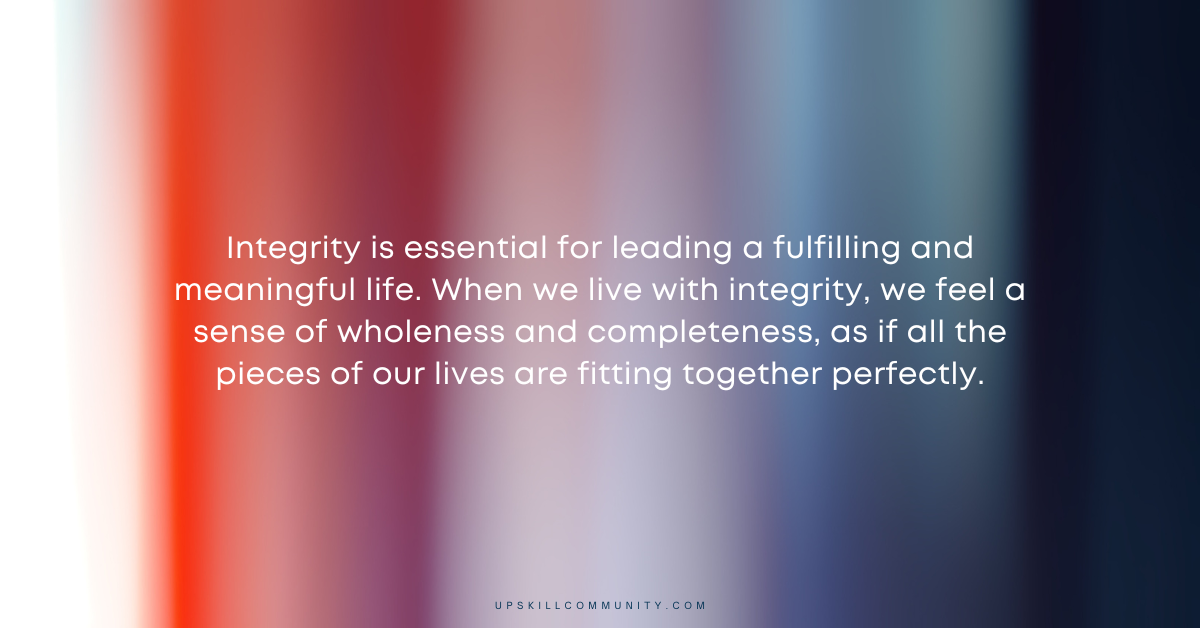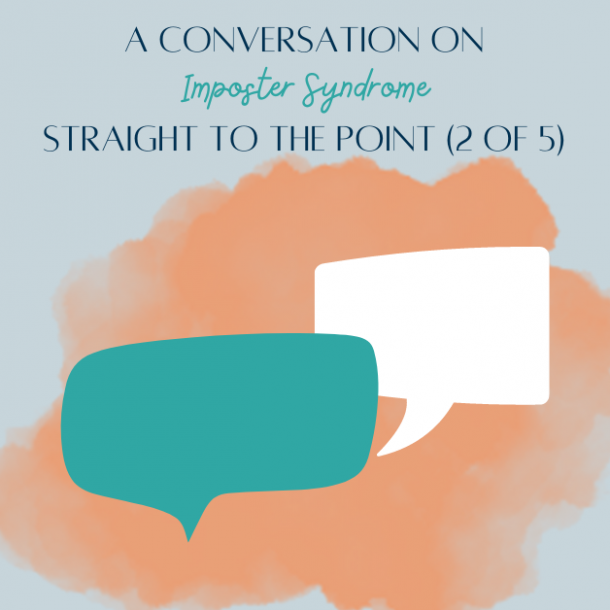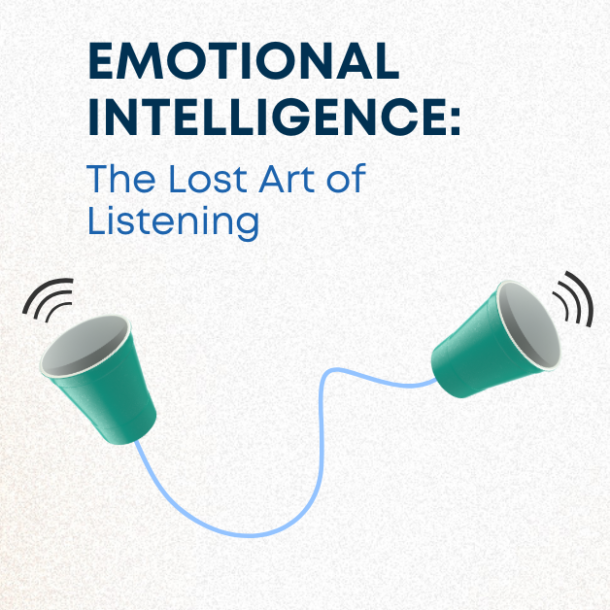
Radical Integrity: What it means and why it matters
Dont have time to read? You can watch this video here:
In a world where we are constantly bombarded by competing demands on our time, attention, and resources, it can be difficult to maintain a sense of clarity and purpose about what really matters. This is especially true in the wake of the pandemic, which has forced many of us to reevaluate our priorities and reconsider how we want to live our lives.
One concept that has emerged from this period of reflection is that of radical integrity. This idea, which will be explored in a series of conversations, is all about being true to who we are, showing up unbroken and undivided, and being true to our values and beliefs, even when it’s difficult or unpopular to do so.
So, what exactly is integrity? At its core, integrity is a sense of wholeness and completeness. It means being true to ourselves and our values, and showing up as our authentic selves in all aspects of our lives. As Peter explains, the word “integrity” comes from the Latin word “integer,” which means “whole” or “complete.”
For each person, integrity may look slightly different. For some, it might mean speaking their truth, even when it’s uncomfortable or unpopular. For others, it might mean being honest and transparent in all their relationships, even when it’s difficult or awkward. And for others still, it might mean living in accordance with their values, even if it means making sacrifices or taking risks.
Whatever it looks like for each of us, however, one thing is clear: integrity is essential for leading a fulfilling and meaningful life. When we live with integrity, we feel a sense of wholeness and completeness, as if all the pieces of our lives are fitting together perfectly. We are able to build strong, authentic relationships with others, based on trust and mutual respect. And we are able to pursue our goals and dreams with clarity and purpose, knowing that we are being true to ourselves and our values.
But how can we cultivate integrity in our lives, especially in a world that often seems to reward conformity and compromise over authenticity and truth? The answer, according to the participants in the conversation, is to be intentional about our choices and actions, and to make a conscious effort to align our behaviors with our values.
This might mean setting boundaries around what we will and won’t tolerate in our relationships, or making difficult decisions about our careers or lifestyles in order to stay true to our values. It might also mean being willing to speak up and speak out when we see something that is not aligned with our values, even if it means risking conflict or disapproval.
Ultimately, cultivating radical integrity is a lifelong process, one that requires us to constantly reflect on our values, beliefs, and actions, and to make adjustments as necessary. But as the conversation makes clear, it is a process that is well worth the effort, as it allows us to live with purpose and meaning, and to build strong, authentic connections with others.

So, as we navigate the challenges of our ever-changing world, let us all strive to live with radical integrity, and to be true to ourselves and our values in all aspects of our lives. By doing so, we can create a world that is more authentic, more meaningful, and more connected, one where we can all thrive and flourish as our true selves.



